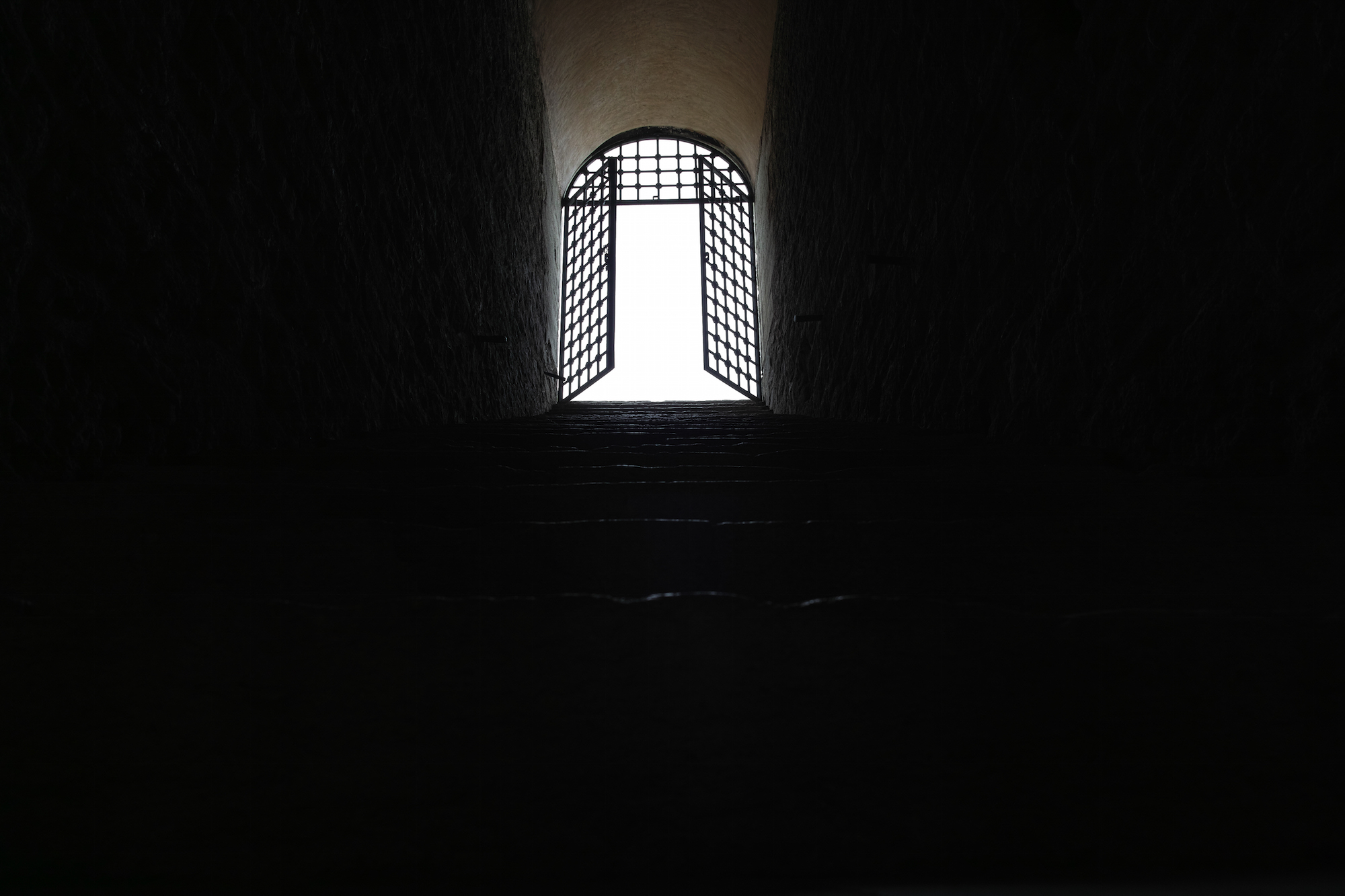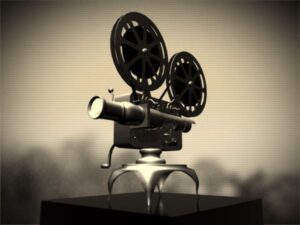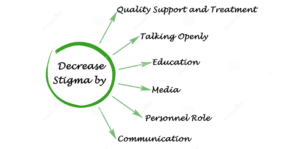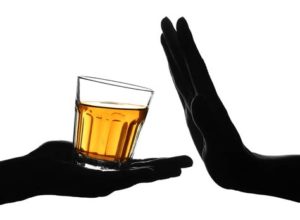Recently we were talking with a friend, a writer, busy on a number of projects. Charlie Harrow knows his stuff, in between his writing projects he had started developing reflective pieces on his experience with alcohol, alcoholism, recovery and more. He kindly passed these on and so will contribute to these posts from time to time. Thanks Charlie!
“You have two lives
And the second begins
When you realise
you only have one”
Mario de Andrade
Alcoholism is a disease that officially kills around 20 people a day in the UK. But the official figures don’t tell the full story. They don’t account for alcohol-related heart disease, strokes, suicides and many other proximate causes of death. Death certificates don’t record these as alcohol deaths, though effectively they are.
A close friend, for example, died two years ago from “problems arising from septicemia”. But the actual reason he died was that he drank, and heavily, against doctor’s orders while on heavy antibiotics, thus negating their healing effects. He was a very high-functioning alcoholic lawyer, highly successful on the outside, but emotionally stifled and fearful on the inside.
Nor do the official figures take into account deaths from falls, driving and other alcohol-related accidents.
And that’s before we get onto drugs, prescription and illegal. So it wouldn’t be a wild estimate to say that in the next 24 hours at least 50 people and maybe many more will die from addiction in London alone. An invisible war zone.
(And all this, of course, is before we take into account the utter misery alcoholism causes both to the alcoholic and those close to them, until the often blessed release of death).
Alcoholism is a disease of utter genius; the only disease I know of that tells you that you don’t have it – denial. (Or, in my case, it told me I was cured, another form of denial). It is a disease of perception then. My perception about my ability to drink alcohol was wrong, an illusion. In tandem with that, alcoholism is a disease of separation. Once the perception malfunctions, the ego slowly cuts off the alcoholic from everyone and from reality itself. It has to, because other people and reality tell the alcoholic the truth, that he is wrong. So the ego must separate him from reality and other people. But this separation accounts for the alcoholic’s illusion that they are ‘special’, among other illusions they possess. And many of them are special, just as many normal drinkers are, though not in the way they think.
Confusingly, alcohol is initially used by alcoholics to treat alcoholism. It is the only way they can get away from themselves, their misperceptions, their deep fears – these selves (egos) that they can’t handle emotionally. Normal drinkers take a drink to rest, relax, repair. That’s why alcoholics drank too, at the beginning. But sooner or later, after a drink or two, over time alcoholic behaviour develops. And then after a few drinks, the world immediately seems a better place, a place they can be part of. They feel that they gain in ‘power’, they perceive rightly or wrongly that they are loved, liked, wanted, needed. The world is suddenly a fantastic place. They feel they are the centre of attention, of the world itself, which is what their egos tell them. They can be highly charismatic, something which attracts others, the many good people who care for them. Others still, however, sick people like the alcoholic, with their own compulsive needs, ‘care’ for them only for their own ends, while exalting their own perceptions of themselves (their egos) through appearing and actually believing that they care.
Alcoholism is a disease that is extremely selfish because it is obsessive. The most important thing to an active alcoholic is alcohol. And the self-endowed prestige of an alcoholic, their self-regard and self-confidence increases after two or three drinks. But self-confidence and self-regard are not self-esteem. They are all about the ego, while self-esteem is about the True Self. They drink because they perceive they are not enough and the more and longer they drink that perception of course becomes self-fulfilling because an alcoholic is finally nothing, let alone not enough. It is the ego that tells them they’re not enough and then the ego that proves it. They become as addicted to beating themselves up after a binge as they are to getting into that state in the first place. What a cycle.
Alcoholism is a disease of More, to beat back fear, to fill their ever-widening emotional hole and the ever-widening break in reality between who they really are and who they (their egos) tell them they are. But for an untreated alcoholic More can never be enough. There can never be enough of anything; booze, love, sex, success, money, power, prestige, possessions… – which of these depends on the needs of a particular alcoholic. There can never be enough without recovery. “One drink is too many”, as the AA book says, “a thousand not enough”. And, finally, they drink because they physically crave it. It possesses them and consumes them. It is everything, all there is. It becomes their lord and master, their god, the only thing they must have, no matter what the consequences are to themselves or others. (For an alcoholic in a state of physical craving, just knowing they can have a drink in ten minutes when the shop opens brings enormous relief). And it’s for this reason that, in order to recover from alcoholism, an alcoholic must not just stop drinking but must also change. They have effectively ‘made’ alcohol their god (‘choose’ would be the wrong word). But while still fighting to the gates of hell, they refuse absolutely to admit they are powerless over alcohol – that they have handed their power to alcohol, that alcohol is, in fact, their god. They misperceive that it is they who are in control of alcohol, until they sincerely take Step One and admit whole-heartedly and with complete humility that they are powerless over it.
So they’ve already ‘allowed’ one god into their lives to rule them. You would think, then, that it shouldn’t really be too difficult for alcoholics to admit there might be another, better god that can conquer the god of alcohol, and to find that god. If only it were that easy. But it’s not. For alcoholics are too afraid, arrogant and scornful to give up the ‘power’ they erroneously believe they still have. They entirely misperceive that they are in control, failing to see that they’ve given up their power to alcohol already. That is their great illusion. And so, in order to save themselves, alcoholics must change their perception.
Fear is at the root of so much in alcoholism; fear of reality, fear of the Now, and fear of the future, while they constantly regret their actions in the past. Living in the moment is out of the question. The only time they can do that is when they’re drinking. Alcoholics live almost permanently in fight or flight mode. Which means they are in almost permanent trauma that may come from the deep past, as in my case. To an alcoholic the six most scary words in the language are “I don’t know” and “Please help me”. Their egos cannot take either.
A Chinese fable is most instructive. An old man, poor and decrepit, lives in a village with one son and and a broken down horse. One day the horse runs away. The neighbours come round and say How Terrible, How Terrible. The old man replies, “I don’t know”. But of course it’s terrible, they say, you’ve lost your only horse. But the old man repeats, “I don’t know”. The neighbours go away irritated that the old man can’t see how terrible it is. A few days later, the horse comes back bringing 30 other horses with it. The neighbours come round and say How Fantastic, How Fantastic. But the old man says, “I don’t know”. But of course it’s fantastic, they say. “I don’t know”, is all the old man says and they retreat in irritation again. A while later, the old man’s son breaks his leg and can’t work their plot. Round come the neighbours saying, How Terrible, How Terrible, but the old man says, “I don’t know, I don’t know”. Furious now, the neighbours leave. Some days later, the Chinese army arrives and conscripts all the young men for a war, except the old man’s son whose leg is broken. The neighbours are round again saying How Fantastic, How Fantastic. But the old man just repeats, to their infuriation,” I don’t know, I don’t know”.
Alcoholics crave knowing what’s going to happen and fear not knowing. They are like the Chinese neighbours, all highs and lows, extremes. They project into the future with no evidence. For them, defensive assumptions about people, things and the future are facts. They try to escape the past, though it fills them with resentment, and they fear the future. They cannot be in the present, and they cannot be without foreboding and regret. Confusingly again, alcoholism has little to do with alcohol. That’s just what kills them. Alcoholism cannot, of course, be addressed without a person being completely abstinent from alcohol and all other mind-altering substances. The wreckage caused by an alcoholic is caused by alcohol, sure, but getting smashed is a symptom of the disease of alcoholism, not the disease itself. There’s nothing wrong with alcohol except to an alcoholic who uses it in a vain and foolish attempt to escape alcoholism.
So being just a symptom of the disease and not the disease itself, putting down the drink is only the beginning. It is putting down the symptom. The core issue is not just about being abstinent, it is about fundamental change, about being what is called ’emotionally sober’ – about treating their underlying restless, irritable discontent, about their inability to handle their emotions like normal people, about their perception that their thoughts and the feelings arising from their thoughts are who they are. Recovery is about undergoing a psychic change.
The alcoholic ego leads alcoholics to think they’re the centre of the world though their True Self knows this not to be true. A terrible inner conflict results. They retreat and retreat and retreat into their ego-structured citadels of misperception, fragile as those citadels are, becoming more and more defensive, isolated, resentful. They thus become victims, filled with anger, sentimentality and self-pity. “You don’t know what it’s like!” “You don’t understand!” – but how could a normal drinker understand?
Their misperceptions overwhelm reality. A dear friend of mine told another friend about 35 years ago, “Charlie’s the best writer I know who hasn’t written anything”. That was all I needed! I didn’t have to risk failure by actually writing, something my rampant though fragile ego couldn’t possibly tolerate. I took many stupid and dangerous risks to my life, but I never took a worthwhile risk, in work or in love. I didn’t put myself properly into writing a book until I was in recovery. Another friend, not a million miles from the desk where I’m writing, said to me once, “If I could go to a party and just know that all the women wanted to have sex with me, I’d be quite happy to go home alone”. A true addict. But, of course, for an alcoholic/addict, it’s the one woman/man/job/success/pile of money/ possession/ prestige/ power that you can’t have that is all that matters.
So what is a psychic change? Or, as AA calls it, a ‘spiritual experience’?
Before AA existed, a man called Roland Hazard, who was the heir to Firestone, was dying of drink. He visited every top alcohol doctor and psychiatrist in the US, all of whom pronounced him incurable. In desperation he turned to the most well-known psychiatrist in the world at the time, Carl Jung. Because he could afford to do so, he spent an entire year in Switzerland with Jung. At the end of the year, Jung said he was ready to go out in the world. A few days later Hazard was drop-dead drunk in Paris. In terror, he returned at once to Jung. But Jung told him there was nothing more he could do for him, or that any human power could do.
(At the end of his life, Jung said that only a complete psychic change could treat an alcoholic/addict, but that he couldn’t say this until his death was imminent because he would have been laughed out of his profession. A doctor in the US in the 1930s, who’d worked in alcohol clinics for 30 years said the same thing, but also only at the end of his life because he too feared being laughed out of his profession).
Hazard somehow got the message, however, that no human power could save him, particularly his own. And he had a ’spiritual experience’ – or psychic change. A total surrender to something other than himself. He never drank again and passed on the message to another man, who never drank again and who in turn passed it on to the founder of AA who never drank again – and so on. Today there are over two million recovering or recovered alcoholics and counting.
A few alcoholics can stop drinking without a psychic change. We call them dry drunks and we observe that they have all the signs; restless, irritable discontent. They cannot take criticism, they bristle and bridle, they are self-righteous, arrogant and resentful – and they are miserable. I personally would rather die of drink than be like that. They are not useful role models in any AA room. (An alcoholic can, of course, characterise the whole of AA like these people when he meets them, but only as an excuse not to get sober in AA – another misperception, in other words, and often a wilful one).
Actually recovering from alcoholism requires a ‘spiritual experience’ or ‘psychic change’. That is what Jung and the doctor came to know and what was eventually proved by the founders of AA and those who came after them.
A spiritual experience is not necessarily some dramatic burning bush incident (though of course that’s just what alcoholics would like – that specialness, that uniqueness). It’s more often a slow process, ‘educational’ as William James described it. It is firstly a full concession to their powerlessness over alcohol and the unmanageability of their lives, and secondly a complete surrender to something other than themselves and that is not human. (Some people use Nature, others the Fellowship of AA, which is a power as well as a collection of human beings. Some use formal religion, some…a toothbrush, a chair, a tree…anything other than themselves, crazy as it sounds. (A sponsor once suggested to a guy he was sponsoring that he use a chair as a higher power. Why? the guy asked. Because it’s less foolish than you are, was the reply.
But this type of example doesn’t last long, in my opinion. Toothbrushes, chairs and trees don’t last. So other alcoholics like myself find something eternal, infinite, unimaginable (that can have no image), a Creative Intelligence, perhaps, or god as in Everything, or Universal Consciousness, or the Great Spirit as the native Americans call it…This is something that captures for me the utter mystery that a man might have felt a million years ago when he looked up at night at the cosmos; awe, wonder, amazement and a firm, sixth sense knowledge that I am a part of it, just a part. In other words, it is a spirit that I’ve always felt, and that I think most of us have felt, but which in my case was ignored, then crushed by alcoholism. It is connection to everything and, given that alcoholism is a disease of separation, such connection is vital. In my case, I just call this faith. I don’t need to know what it is. Faith, as in the path and the destination. It is everything that is not my ego. It is an unspecified faith, which to me is a kind of profound and inexplicable knowledge. And there is no more fear.
A god of our own understanding – this is what we need to replace the god we didn’t choose, alcohol, which nevertheless ruled our lives, even though we refuse to, or cannot in our delusion, see that.
We fight in desperation or stubbornness to drink a while longer, we can’t give up our old god yet. That god is so comfortably familiar, after all, and losing it is frightening, change is frightening, particularly profound change. But if we are able to be open-minded, willing and honest, if we are able to truly admit defeat, if we can see that we are not controlling our lives but rather being controlled, and if we were to recognise that this is not just a life and death matter, but that a good and beautiful life awaits us, then we have an excellent chance of recovery.
Believe in a love that is being stored up for you like an inheritance, and have faith that in this love there is a strength and a blessing so large that you can travel as far as you wish without having to step outside it.
– Rilke
What are the obstacles to us changing our relentlessly downhill trajectory? Often they are nothing but the delusion that we should somehow have been in control; the delusion that we alone, not the disease, have either screwed the whole thing up, or have made the whole thing run the only way it can. In other words, the obstacle is our thinking, which is what the ego props itself up with. This delusion will keep us drinking until reality kicks in. The reality is that we become physically and mentally sick from alcohol, we get “wet brain” (cognitive damage), we lose money sometimes, and even when we don’t we slowly become distanced from real friends who care, from family, from healthy pursuits and connection until finally most of our drinking is done alone.
You don’t have to wait. But you do need to switch your perception.
Firstly, instead of using up all your failing courage in pursuing drink and death, you could use it to find life, self-fulfillment and love. You can be the person you really want to be, your True Self.
As Rumi says, “the wound is where the Light comes in.” Face the wound of alcoholism head on with courage and surrender, be honest and let the Light in.
As a Native American prayer says, (in line with many poems, prayers and meditations from every culture on the planet);
“I seek strength, not to be greater than my brother, but to fight my greatest enemy – myself”.
Most humans share many of the fundamental, root problems alcoholics have. But alcoholics are lousy at dealing with them. Fear and separation overwhelm us. Non-alcoholics can go through life in states of anxiety or worse, but because they don’t come to death’s door they don’t have an overwhelming motive to deal with those things. They think it’s normal to be anxious and fearful.
It’s hard, if not impossible, for any alcoholic to recover who does not surrender to their truth.
To end this brief introduction to alcoholism, a stanza from the Brazilian poet Mario de Andrade;
“You have two lives
And the second begins
when you realise
you only have one”.





